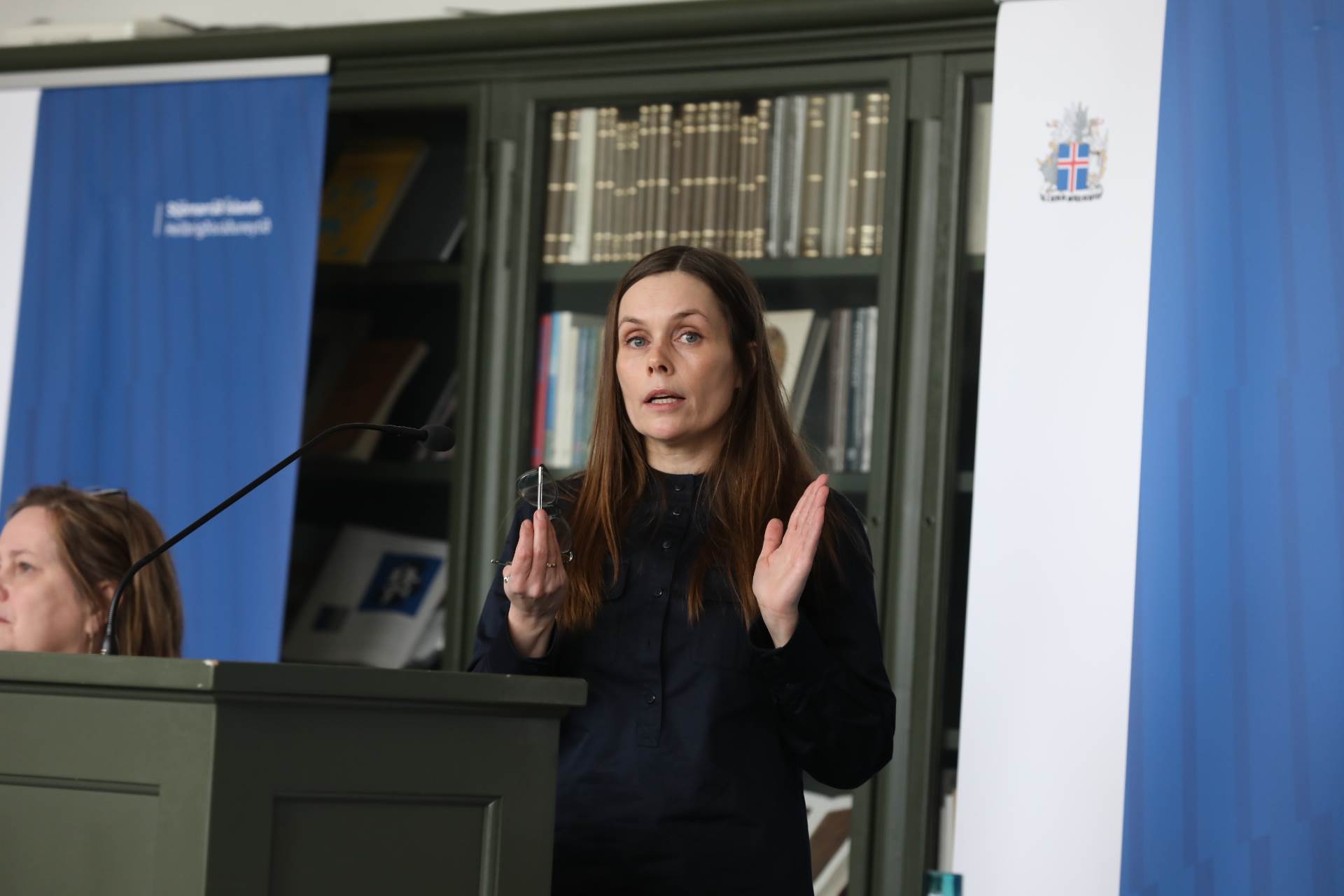Iceland readies for a gradual end to coronavirus measures
Larger gatherings will be permitted and some service providers will be allowed to open, but travel restrictions remain in place.

Iceland’s government has unveiled plans to gradually relax its measures to control the spread of the COVID-19 virus, after officially confirming on Tuesday that outbreak there was on the retreat.
Nine new cases were reported in the most recent update, and eight people remain in intensive care, but thanks to what the office of Prime Minister Katrín Jakobsdóttir described as “wide-ranging containment and mitigation measures,” the decline in infection rates was now certain enough that it was ready to begin an incremental reversal of distancing measures.
On May 4, the health service, service providers such as hair dressers, as well as museums and other institutions, will be permitted to reopen after having been forced to remain closed since March 23. Elementary schools and preschools, which have been required to abide by social-distancing guidelines since March 16, will resume teaching as normal on the same day.
[Despite improving COVID-19 situations, airlines in Iceland and Greenland face a ‘painful’ outlook]
High schools and universities will also reopen, but students and staff will be required to maintain a distance of 2 meters from each other.
Large public gatherings will still be banned, but the limit on the number of people who may take part will be raised to 50, from 20.
To date 1,700 Icelanders have been diagnosed with COVID-19, and 100 have been hospitalized due to the virus. Eight people have died.
Since March 13, Iceland has screened about 10 percent of its population for potential COVID-19 infection. The tests have revealed that about 1 percent of residents have been infected, and by continuing the control measures, the government hopes to prevent a second wave of infections.
[Tough new rules all but seal Finland’s borders with its Nordic neighbors]
In addition to screening, the outbreak has been kept in in check in Iceland partly thanks to tracking app Rakning C-19. Created and maintained by the national health authorities, the app allows people who are diagnosed with COVID-19 to share their location data with the national health service, which can then contact other users of the app whom the individual may have come in contact with. About 40 percent of the population has downloaded the app.
Later this month, the authorities are expected to get additional help in charting the spread of the virus when nationwide antibody testing is introduced.
After warning last week that it could no longer guarantee repatriation flights to Icelandic residents stranded abroad after Easter, the government said on Tuesday that it would continue to restrict non-essential travel to Iceland until May 15 as part of an EU effort to keep COVID-19 out of the Schengen visa-free travel area.
Statistics below obtained from Embætti landlæknis / the Icelandic Directorate of Health